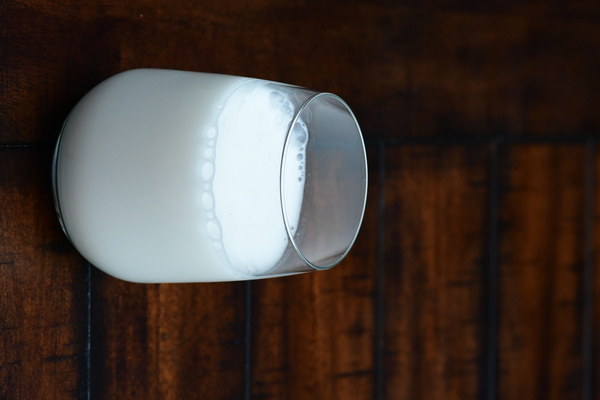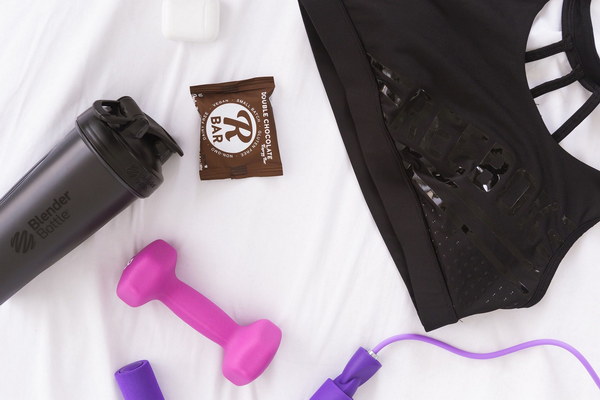Post-Menstrual Health Nurturing Yourself After Your Period
After the menstrual cycle comes to an end, many women find themselves feeling rejuvenated and ready to embrace the next phase of their lives. However, it's important to recognize that the body goes through various changes during this time, and taking proper care of yourself is essential for maintaining good health. Here are some tips on how to nurture yourself after your period to ensure you feel your best.
1. Hydrate and Replenish
One of the most crucial steps in post-menstrual health is to stay hydrated. During your period, your body loses a significant amount of fluids, so it's essential to replenish them. Drink plenty of water throughout the day, and consider incorporating herbal teas and fresh fruit and vegetable juices to provide additional nutrients.
2. Eat a Balanced Diet
A balanced diet plays a vital role in post-menstrual health. Focus on incorporating a variety of fruits, vegetables, whole grains, lean proteins, and healthy fats into your meals. This will not only provide your body with the necessary nutrients but also help regulate your hormones and support overall well-being.
3. Get Adequate Sleep
Sleep is essential for recovery and rejuvenation after your period. Aim for 7-9 hours of quality sleep each night. Establish a calming bedtime routine, such as reading a book or taking a warm bath, to help you relax and drift off to sleep more easily.
4. Exercise Regularly
Physical activity is a great way to boost your mood and energy levels after your period. Engage in regular exercise, such as walking, jogging, yoga, or strength training. Not only will this help you maintain a healthy weight, but it will also improve your cardiovascular health and reduce stress.
5. Practice Self-Care
Self-care is crucial for post-menstrual health. Take time to pamper yourself with activities that bring you joy and relaxation. This could include a spa day, a bubble bath, reading a book, or simply enjoying a quiet moment to yourself.
6. Manage Stress
Stress can exacerbate symptoms related to post-menstrual health, such as mood swings and fatigue. Find ways to manage stress, such as practicing mindfulness, meditation, or engaging in hobbies that you find enjoyable.
7. Take Supplements
Supplements can help support your body's recovery after your period. Consider incorporating the following supplements into your routine:
- Vitamin D: Supports bone health and overall well-being.

- Calcium: Helps maintain strong bones and supports hormonal balance.
- Magnesium: Aids in relaxation, sleep, and muscle function.
- Omega-3 Fatty Acids: Supports heart health and may help reduce inflammation.
8. Avoid Harmful Habits
It's important to avoid harmful habits that can negatively impact your post-menstrual health, such as smoking, excessive alcohol consumption, and poor diet. These habits can exacerbate symptoms and hinder your body's ability to recover.
9. Consult a Healthcare Professional
If you experience persistent symptoms or concerns after your period, it's essential to consult a healthcare professional. They can provide personalized advice and address any underlying issues that may be affecting your health.
In conclusion, taking care of yourself after your period is essential for maintaining good health and well-being. By focusing on hydration, nutrition, sleep, exercise, self-care, stress management, and seeking professional advice when necessary, you can ensure that you feel your best and support your body's recovery. Remember that taking care of yourself is an ongoing process, and it's important to prioritize your health throughout your menstrual cycle.









